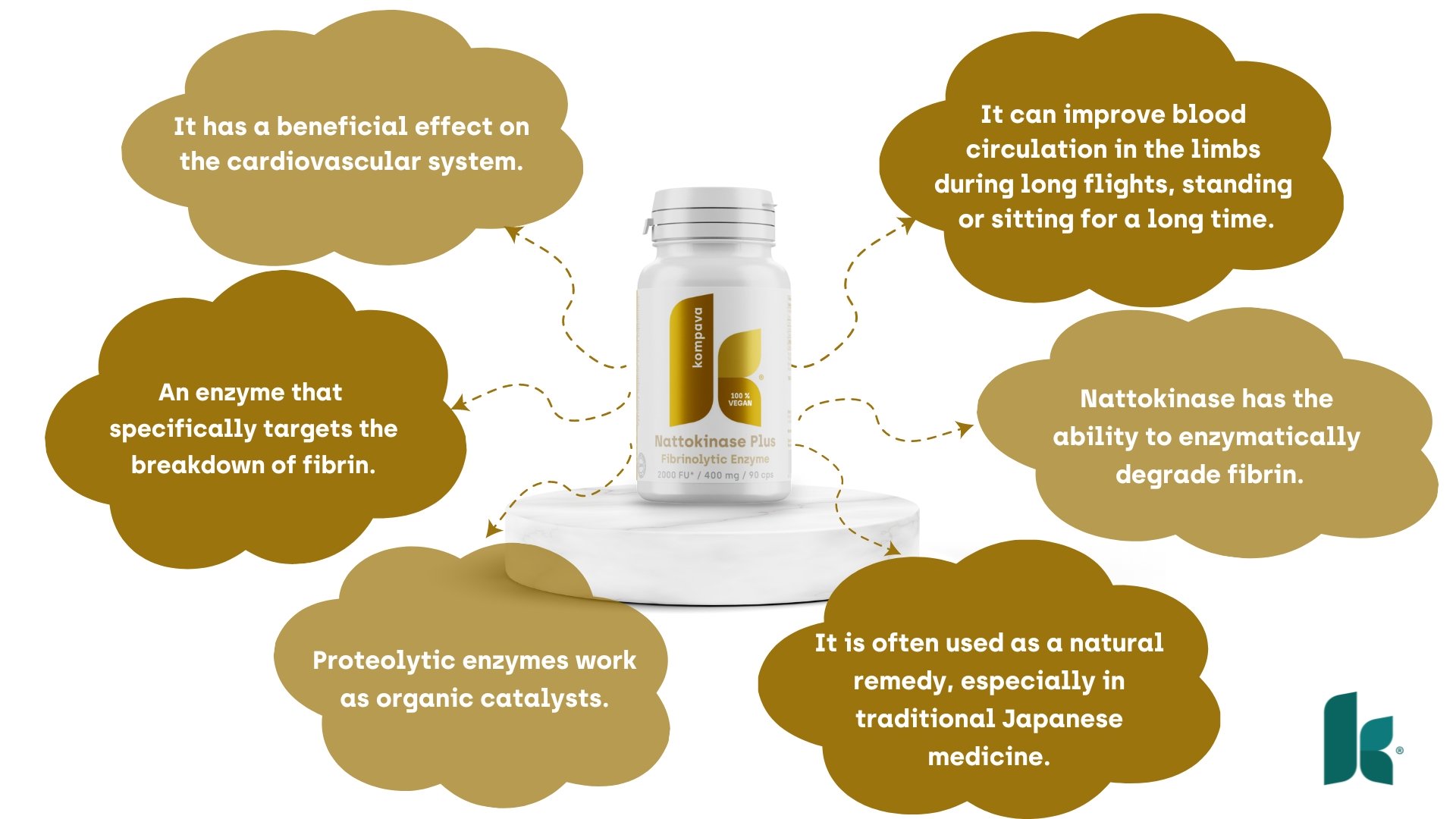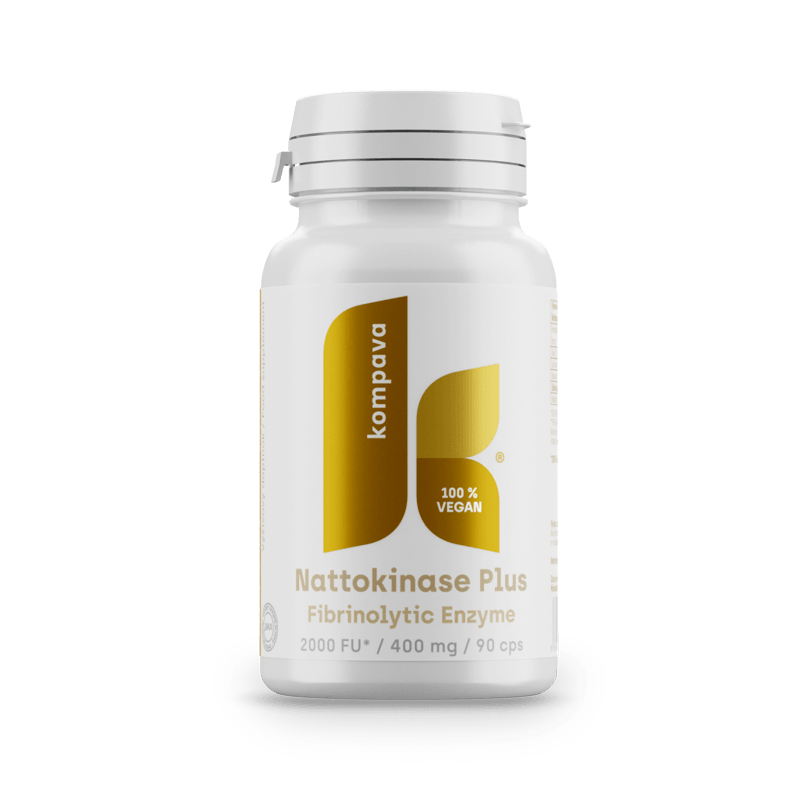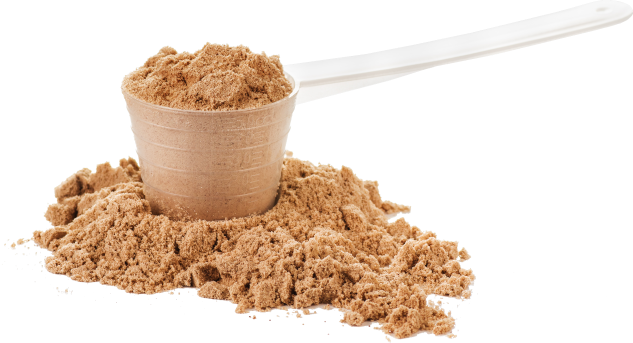
Nattokinase is a natural enzyme obtained from the traditional Japanese food natto, which is produced by fermenting soybeans using Bacillus subtilis bacteria. This enzyme is known for its exceptional ability to support various body functions, which is why it is gaining popularity all over the world.
Nattokinase is used in Asian countries for various purposes. It has been used in Japan for over 2000 years.
Nattokinase Plus contains the proteolytic enzyme nattokinase and inulin. Proteolytic enzymes work as organic catalysts (accelerators) breaking down large protein molecules (proteins). When taken with food, these proteolytic enzymes help break down dietary protein into amino acids that are easily absorbed by the digestive system. However, if taken on an empty stomach, the enzymes are absorbed into the blood and reach the tissues, where they act systemically and break down proteins directly in the body.

Nattokinase is an enzyme that specifically targets the breakdown of fibrin, a protein that plays a key role in the formation of blood clots. Fibrin is an insoluble protein formed during the final phase of blood clotting. It is found in blood vessels and the bloodstream. Blood cells are trapped in the web made of fibrin. A large cobweb can lead to clogging of the vessels and subsequently to the development of various cardiovascular diseases.Nattokinase has the ability to enzymatically degrade fibrin, which can aid the body's natural process of breaking down clots. This enzyme is often used as a natural remedy, especially in traditional Japanese medicine, for its potential to improve the balance in the blood clotting process.
Nattokinase Plus contains:
- NSK-SD ®nattocinase
Extract from fermented soybeans, contains 100 mg of active substance in 1 herbal capsule. Under this label is a certified and pure form of nattokinase with a unique authorization for placing on the market within the EU. The enzymatic activity is 2000 FU (FU = (fibrinolytic unit) which is a unit of fibrin degradation.) The higher this FU value, the stronger the effect of protein degradation. - Inulin
A soluble fiber that acts as a prebiotic for probiotic cultures in the small intestine. It serves as food for its own good bacteria, which produce B vitamins and these improve the absorption of the enzyme through the wall of the small intestine, which makes maximum use of the enzyme by the body.










